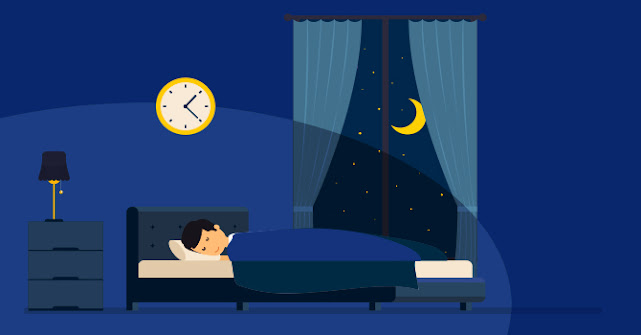The glorification of eating disorders on TikTok
We're all
aware that social media is a sham. Of course, we understand that we are only
viewing a small portion of someone's life. Why would anybody do anything else
except show off their finest moments? Aside from that, several of the real
photographs are outright fakes. Others celebrities had their faces airbrushed,
and some have lied about their cosmetic surgery. Many people use Photoshop to
make their looks and bodies seem precisely way they want them to. There are
numerous ways for them to change their bodies by posing.
These are
not something that TikTok is immune to. It may be more difficult to utilise
Photoshop on a video, but individuals discover methods to get around it by
experimenting with angles, lighting, and posture. This isn't to suggest they
don't look fine; it's just that this isn't how they look on a regular basis.
When we see ourselves so frequently, we can't hold ourselves to that high of a
standard.
However, in
addition to the unrealistic standards promoted by social media, TikTok actively
encourages eating disorder culture and bad attitudes about food and weight in
general. Despite the fact that searching terms like "thinspo" — short
for "thin inspiration" — or even "proana," short for
"pro-anorexia," which promoted being thin and often underweight
through unhealthy and harmful methods, now lead directly to the National Eating
Disorder Association helpline, TikTok still promotes a lot of thinspo-like
content. Many of the videos I see on TikTok are labelled with
"#fitspo" or "#fittok," both of which have billions of
views. Much of my For You page, particularly in the early days of quarantine,
was devoted to excessive dieting and over-exercising. TikTok posts a lot of
stuff that promotes bad behaviours. Food servings are often shown in "What
I eat in a Day" films. Furthermore, the meals are often composed mostly of
vegetables, with some protein but very little carbs. Many of the same creators
advocate for excessive exercise. While exercise is beneficial when done
correctly, over-exerting your body may be harmful and is a contributing factor
in certain eating problems. When someone exercises often, they need to eat more
to fuel their bodies, yet these creators are frequently eating (or at least
promoting eating) less than they should while pushing their bodies to their
limits. Furthermore, TikTok promotes harmful narratives such as aiming to attain
your "summer body." Every body is a "summer body," as we
must recognise. To wear shorts, wear a bikini, or go to the beach, you don't
have to be skinny. People who have never suffered from an eating issue may be
unaware that they are naturally competitive. People who suffer from eating
disorders often believe that they aren't "sick enough." When they
come into contact with other individuals who have eating problems, they
continuously compare themselves to them. As a result, it's critical to avoid
discussing anything that might provoke a relapse. This mindset, however, is not
shared by everyone. I believe it is important to be clear about the process,
but it is also acceptable to restrict some aspects of it. Creators should avoid
using body monitoring, excessive weighing, or calorie tracking in their movies
or photos. This sort of stuff isn't beneficial to anybody. If someone believes
they need to reduce weight, they should talk to their doctor about it and come
up with a specific strategy. Don't listen to strangers on TikTok who have no
idea who you are or what you look like.
Unfortunately,
getting away from this material is difficult. TikTok's algorithm is amazingly —
and maybe shockingly — precise. If you connect with a video once, related
videos will appear on your For You page in the future. Likes, comments,
sharing, following the author, and even letting the video play numerous times
are all ways to interact. It's difficult to get away from these videos after
you've done this. When one of these films appears, the best thing to do is hold
down and click "not interested." My personal experience with an
eating issue has taught me a lot. The most remarkable thing my nutritionist
said to me throughout my therapy was, "You don't have to love your
body." I believed she was kidding when she said that. It seemed to be a
set-up. She is, however, quite correct. She was implying that loving your body
all of the time is unrealistic. There will be times when you don't like
anything about yourself, and that's perfectly OK. No one believes that every
aspect of oneself is flawless. Self-love isn't always attainable;
self-acceptance is much more so. The idea is to accept yourself for who you
are. Begin with acceptance and work your way up to love.


Comments
Post a Comment